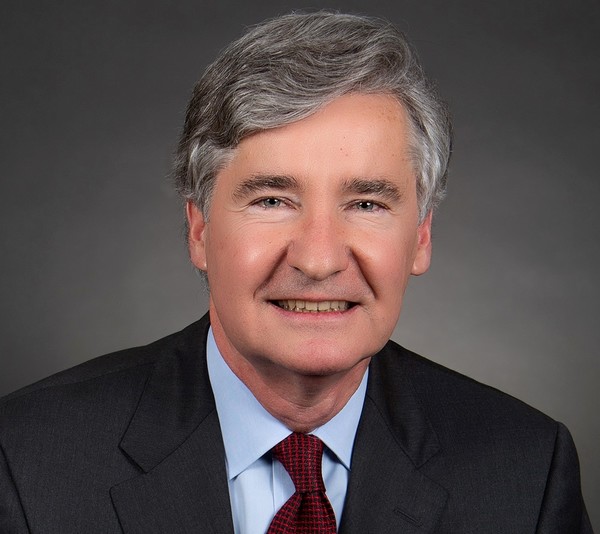In a nutshell, how would you describe the main role of the Comité Maritime International (CMI)?
The CMI was formally established in 1897, and contributes by all appropriate means and activities to the unification or uniformity of maritime law. We still actively pursue this goal while recognising that the drafting of maritime conventions (a traditional role of the CMI in the past) has been largely assumed by United Nations agencies such as the IMO.
What is the biggest challenge facing the CMI today?
Safety of life at sea, protection of the marine environment, and piracy/terrorism remain important issues and will continue to pose challenges for the maritime sector, including international non-governmental organisations such as the CMI. In addition, technological advances and developments in unmanned vessels, as well as cybercrime, will present further challenges going forward.
How does the CMI and IUMI work together?
The CMI, like IUMI, is an association of associations, and its membership comprises more than 50 national maritime law associations from leading shipping nations, as well as governmental and international agencies and private organisations. IUMI is a consultative member of the CMI, and the CMI is an affiliate member of IUMI. Both the CMI and IUMI are working and cooperating on some of the same important issues that concern the maritime sector and marine underwriters, such as Polar shipping, autonomous or unmanned transport by sea, cybercrime and risks, and places of refuge.
Is there anything you would like to see underwriters do differently or better?
There are important differences between common law and civil law jurisdictions when it comes to interpreting key marine insurance terms such as uberrimae fidei or utmost good faith, warranties, perils and exceptions, causation, and conflict of laws. These differences in interpretation can lead to unpredictability and higher costs in resolving marine insurance claims, which, in turn, result in higher premiums. Marine underwriters may wish to consider adopting basic and uniform international rules of marine insurance to help minimise these differences in the interpretation of marine insurance contracts.
Do you have a view on the current state of the marine insurance market?
Marine underwriters continue to face challenges in a soft market and, according to industry reports, depressed freight rates, falling vessel values, and relatively low oil prices are likely to make it difficult over the short term to raise premium income sufficiently to offset covered risks and claims costs. However, taking a longer view, 90% of the world's cargo continues to be transported by sea and it is only a matter of time before the marine insurance market returns to profitability. The market is also certainly living in interesting times, as evidenced by the rise of Shanghai as a marine insurance hub, and the potential effect of Brexit on the London insurance market.
If you could wave a magic wand and change one thing in the shipping industry what would it be?
Convince governments and all stakeholders in the maritime sector to implement and promote the ratification of key maritime conventions which, in turn, would promote uniformity of maritime law. In 1860, the noted Italian jurist and statesman, Pasquale Stanislao Mancini, said: "The sea with its winds, its storms and its dangers never changes and this demands a necessary uniformity of judicial regime." This remains equally true today.
If you were not in your current role what would be your ideal job?
I would return to the full-time practice of maritime law, a career and profession I have thoroughly enjoyed over the past 40 years.
What do you like doing when not working?
Traveling, reading, and spending quality time with family and friends, ideally over an enjoyable meal and a good bottle of wine!
